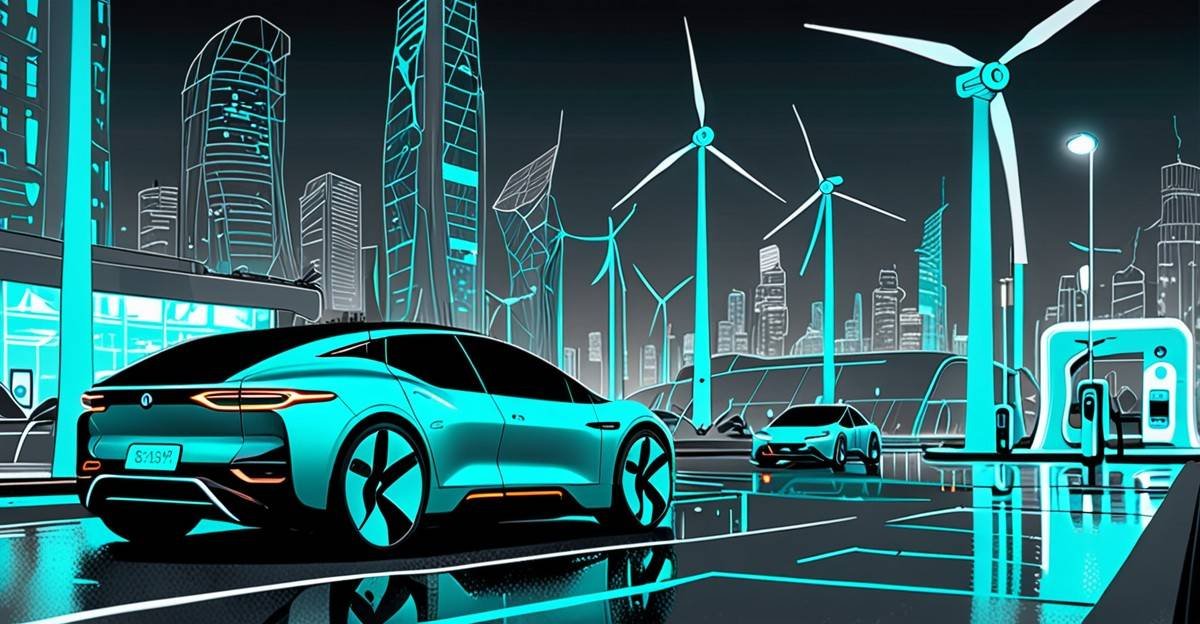The Evolution of Electric Vehicle (EV) Technology
Electric vehicles (EVs) have come a long way since their inception, and the technology behind them continues to evolve at a rapid pace. From improved battery efficiency to advanced autonomous features, the future of electric cars looks promising. Let’s delve into some key aspects of how EV technology is evolving and what you need to know about the future of electric cars.
Battery Technology Advancements
One of the most significant areas of development in EV technology is battery technology. Manufacturers are constantly working on improving battery efficiency, reducing charging times, and increasing overall range. Some key advancements in battery technology include:
- Introduction of solid-state batteries for higher energy density and faster charging.
- Development of silicon-anode batteries for increased longevity and performance.
- Exploration of new materials like graphene to enhance battery capabilities.
Charging Infrastructure Expansion
As the popularity of electric vehicles grows, so does the need for a robust charging infrastructure. Governments and private companies are investing heavily in expanding charging networks to make EV ownership more convenient. Some key points about the charging infrastructure expansion include:
- Installation of fast-charging stations along highways for long-distance travel.
- Integration of charging stations in urban areas, workplaces, and residential complexes.
- Development of wireless charging technology for seamless EV charging experiences.
Autonomous Driving Capabilities
Another area where EV technology is rapidly evolving is in autonomous driving capabilities. Electric cars are at the forefront of self-driving technology, with many EV models already equipped with advanced driver-assist features. Some key advancements in autonomous driving capabilities include:
- Integration of lidar, radar, and cameras for enhanced object detection and collision avoidance.
- Development of AI algorithms for real-time decision-making and route optimization.
- Testing of fully autonomous EV fleets for ride-sharing and delivery services.
Environmental Sustainability
One of the primary reasons for the shift towards electric vehicles is their environmental sustainability. EVs produce zero tailpipe emissions, reducing air pollution and greenhouse gas emissions. Some key points about the environmental sustainability of electric cars include:
- Decreased reliance on fossil fuels for transportation, leading to lower carbon footprints.
- Promotion of renewable energy sources like solar and wind power for EV charging.
- Recycling initiatives for EV batteries to minimize environmental impact.
Conclusion
The future of electric cars is bright, with ongoing advancements in battery technology, charging infrastructure, autonomous driving capabilities, and environmental sustainability. As EV technology continues to evolve, we can expect to see more efficient, convenient, and eco-friendly electric vehicles on the roads. Stay tuned for the latest updates on the exciting world of electric vehicles!













